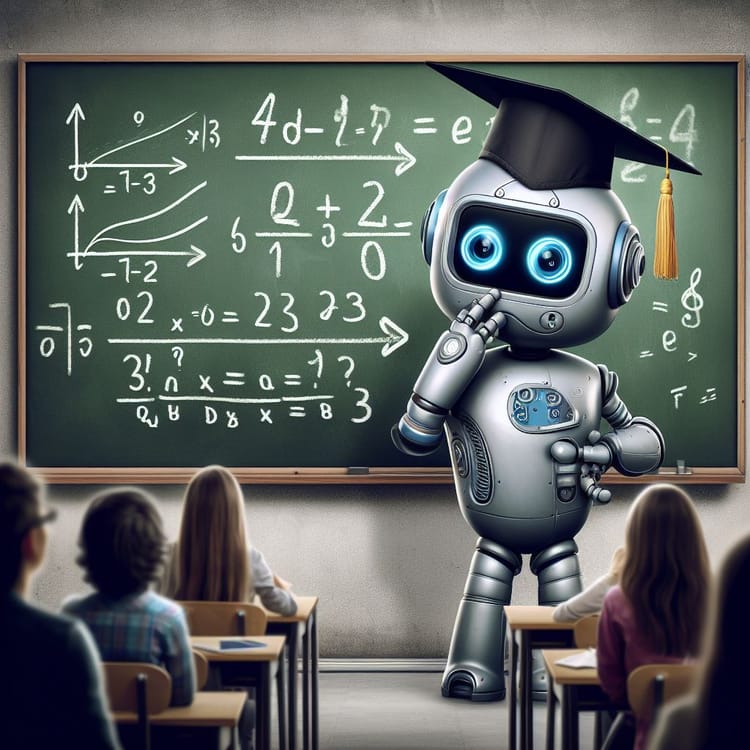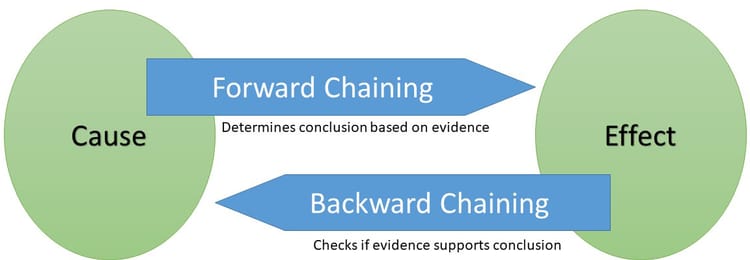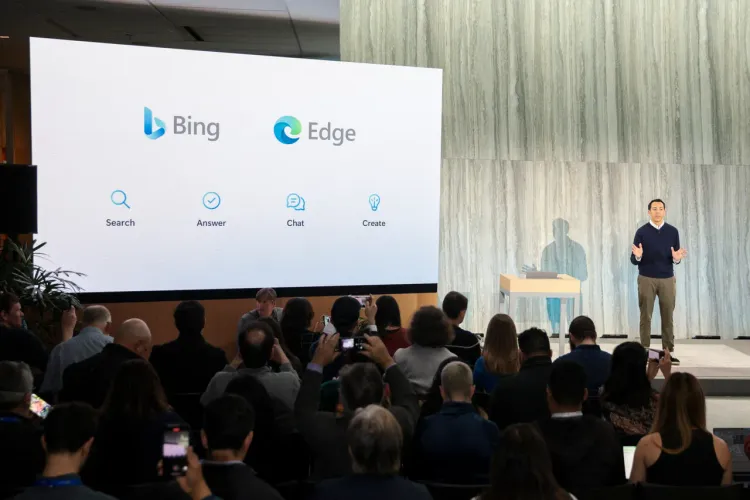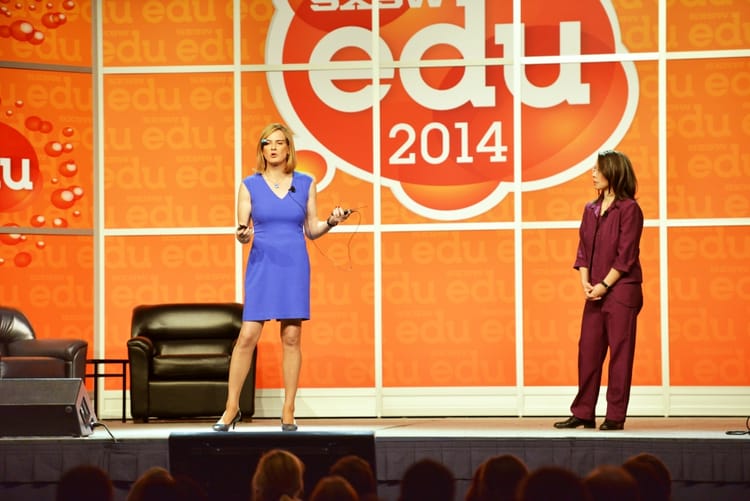Just a bit different…
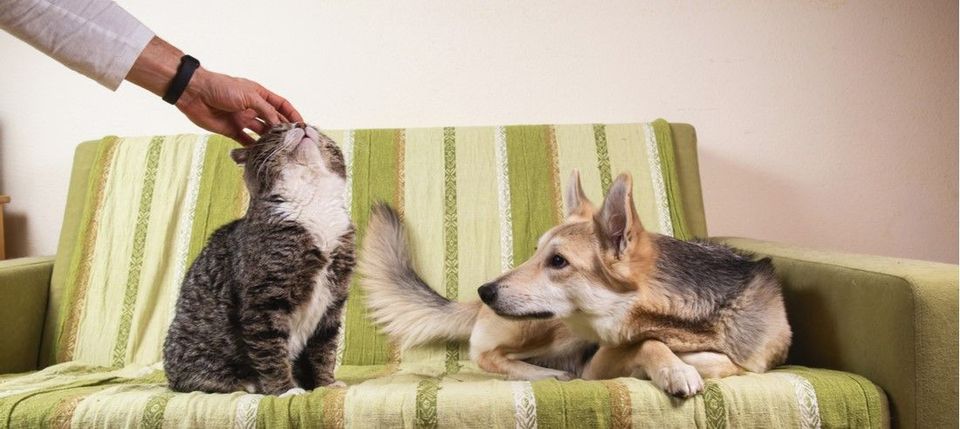
This week’s selection of recent research doesn’t really fit under any other topic because, frankly, they’re a bit silly.
Jealous Dogs
In the grand existential question, #catsvsdogs, Science tallies a point for cats. It turns out your dog is jealous.
Dogs Mentally Represent Jealousy-Inducing Social Interactions
To be fair, your dog isn't jealous of all our other friends and pets. It is social rivals that bring out their "Fatal Attraction"-style furry fury. The whining yip that says, "I will not be ignored."
The researchers found that your dog's jealousy doesn’t depend on seeing their rival; even the implication that you talked to that bitch at the office is enough.
Before any of you cat fanciers get too smug, just remember: cats don’t experience jealousy because they don’t actually care if you live or die.
"percent"
@nature, @nytimes, @TheAtlantic, @nberpubs: stop the Strunk & White madness and use the goddamned "%" sign. Why are readers parsing "eleven percent" when "11%" is more readable and reduces cognitive load. Ditch the spatz and monocle and write like 99% of people born after WW11.
I'm coding a plugin that automatically swaps "percent" for "%" on the screen for me. (Yes, I am leaving "percentage" unchanged; I'm not a nihilist.)
Aha! vs ToT?
What if the Tip-of-the-Tongue and Aha! moments both reflect metacognitive error signals but in the opposite direction. In both cases we're "solving a problem" *and* meta-modeling our own problem solving. I've had the chance to research both...
Aha! moments might be big, wonderful error signals saying, 'Wow, that came so much quicker than we expected!" A new preprint reveals "people's time prediction errors are strongly correlated with their ratings of an Aha! Experience…"
“Aha! moments correspond to meta-cognitive prediction errors”
In Tip-of-the-Tongue, the error signal alarms when the answer takes longer than predicted. In fact, you can get the ToT signal even when you don't know the answer. (This was part of my undergrad honors thesis.)
Two separate systems—so much phenomenology!
Babies and puppies is cheating!
Whether t-shirts or tweets, photos or emojis, “people are perceived as less powerful when they use pictures versus words.”
Picture-use signals a greater desire for social proximity, which is associated with lower power. In fact, “people strategically use words...to signal...power.” “Medium is a powerful message: Pictures signal less power than words”
As the world's greatest public speaker (and, I suspect, thespian and heart surgeon, should I ever try), I’ve always had a great disdain for images of puppies and babies in other speakers’ presentations. Now I know that it’s because those speakers are weak. Weak! Stages and boardrooms alike must be ruled with the iron fist of words!
We pledge allegiance to the society of iconoclasts
The choice of both baby names and dog breeds undergoes negative feedback, causing correlated growth and decay in popularity with a culture. Measuring frequency-dependent selection in culture
Ironically, in an effort to be unique as individuals we become rather mundane as cultures.
This reminds me of a long ago Far Side comic in which rows of absurdly but identically costumed men chant in unison their pledge of allegiance to the society of iconoclasts.
We are truly very silly creatures.
This is your brain on Stories
Can a good story literally save a life?
When sick kids listen to stories, oxytocin increases while cortisol and reported pain decrease.
A few years ago I made a proposal to Make-a-Wish to tap into this effect. By learning about a sick child and their family, we developed tailored wish nudges with the hope of actually increasing survival rates.
For kids predicted to best respond to stories, a narrative nudge might shift a visit from Chris Evans to "you and Captain America fighting Hydra together".
For kids with a more social profile, a social nudge might change a trip to Disneyland (the most common wish, I'm told) to "a party at Disneyland with my 3 best friends".
